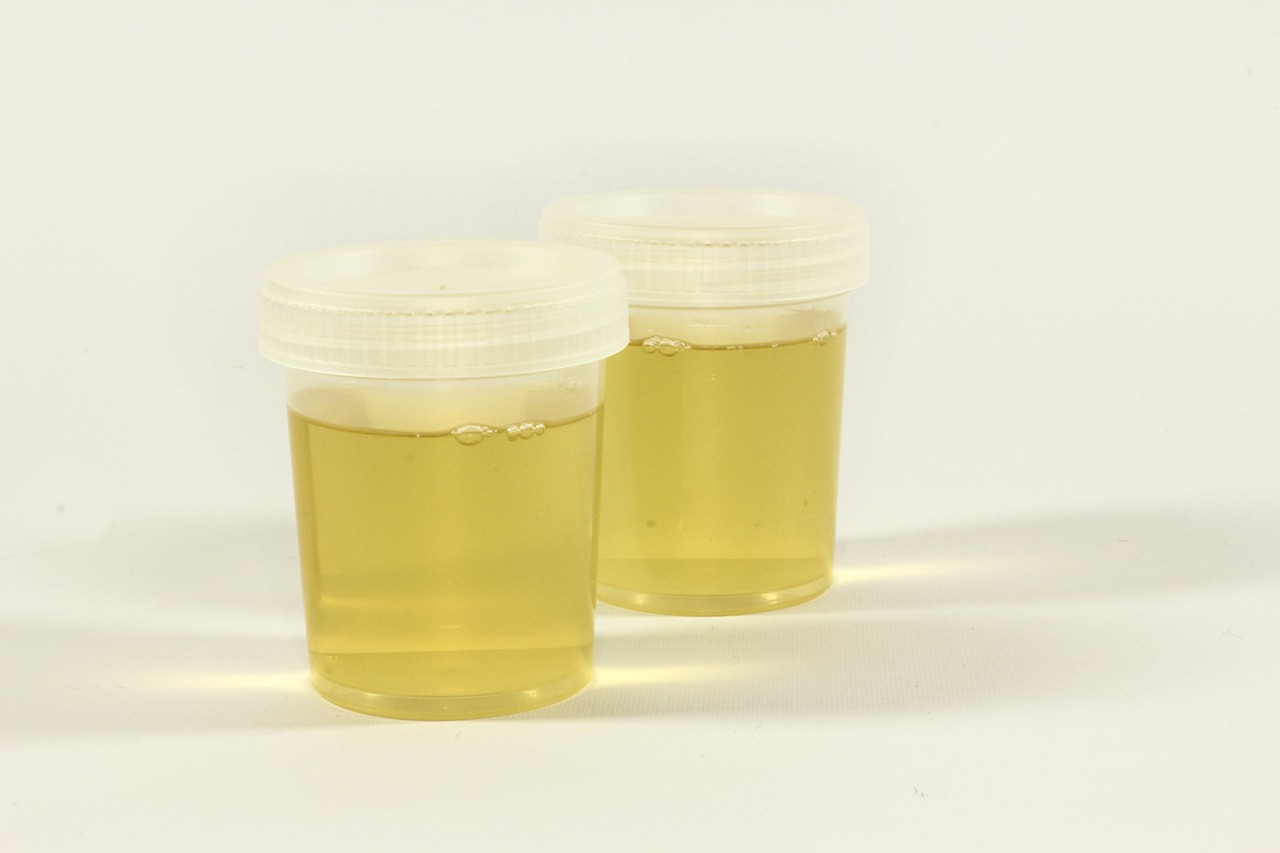Kidney SOS: 12 Early Warning Signs Your Kidneys Are Asking for Help
Kidneys, the silent guardians of our body's internal equilibrium, play a crucial role in maintaining overall health. These bean-shaped organs filter waste products from the blood, regulate electrolyte balance, and produce hormones essential for blood pressure control and red blood cell production. Despite their vital functions, kidney health often goes unnoticed until significant problems arise. This article, "Kidney SOS: 12 Early Warning Signs Your Kidneys Are Asking for Help," aims to illuminate the subtle signals that may indicate kidney distress. By understanding these early warning signs, individuals can seek timely medical intervention, potentially preventing serious complications and preserving kidney function.
Fatigue and General Weakness

One of the earliest and most overlooked signs of kidney distress is persistent fatigue and general weakness. As kidneys fail to efficiently filter toxins and waste from the bloodstream, these substances accumulate, leading to a feeling of exhaustion. Additionally, impaired kidney function can result in anemia, a condition where the body lacks sufficient red blood cells to carry adequate oxygen to tissues, further exacerbating fatigue. This constant tiredness is not just a result of physical exertion but a chronic state that affects daily life. Recognizing this symptom early can prompt individuals to seek medical advice, potentially uncovering underlying kidney issues.
Changes in Urination Patterns

Alterations in urination patterns are a direct indicator of kidney health. These changes can manifest as increased frequency, especially during the night, or a marked decrease in urine output. Furthermore, individuals may notice urine that appears foamy or bubbly, indicative of excess protein, or urine that is dark, bloody, or has a strong odor. Such variations are often the kidneys' way of signaling distress, as they struggle to filter and excrete waste products efficiently. Monitoring these changes and consulting a healthcare professional can be crucial steps in diagnosing potential kidney problems.
